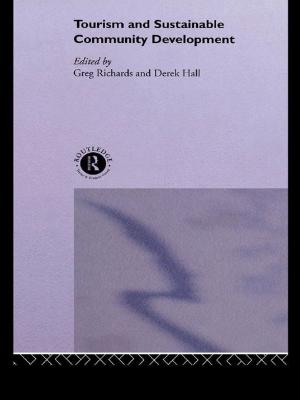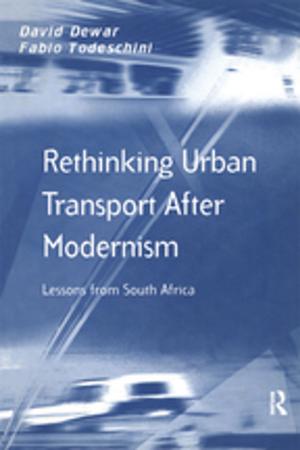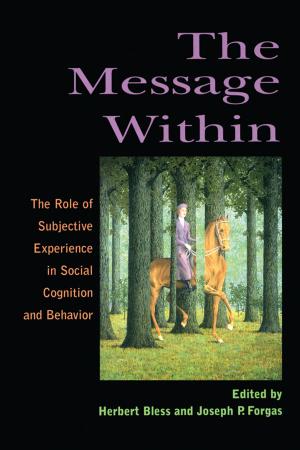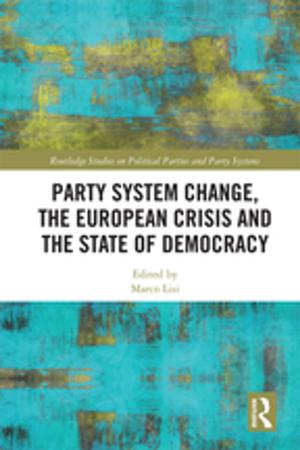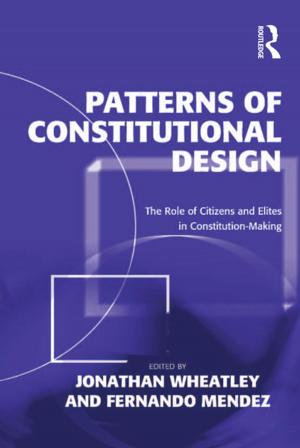Public Sociology and Civil Society
Governance, Politics, and Power
Nonfiction, Social & Cultural Studies, Social Science, Sociology| Author: | Patricia Mooney Nickel | ISBN: | 9781317253310 |
| Publisher: | Taylor and Francis | Publication: | November 17, 2015 |
| Imprint: | Routledge | Language: | English |
| Author: | Patricia Mooney Nickel |
| ISBN: | 9781317253310 |
| Publisher: | Taylor and Francis |
| Publication: | November 17, 2015 |
| Imprint: | Routledge |
| Language: | English |
During the past ten years the terms public sociology, civil society, and governance have been used with increasing frequency to describe a wide array of political and social practices. Nickel provides a critical clarification of the concepts of civil society and governance, moving beyond traditional disciplinary boundaries. With her unique international background in the practice of public service and social policy Nickel is able to provide a nuanced explanation of how civil society and governance are interrelated and the implications for the organisation of knowledge and public life. The book is framed in three parts. Part one explores the emergence of public sociology as an ideal, as well as the broader public turn in the social sciences. Part two explores the changing relationship between government and civil society, including non-profit organisations. Part three draws these two themes together in an exploration of the politics of practice and relations of power.
During the past ten years the terms public sociology, civil society, and governance have been used with increasing frequency to describe a wide array of political and social practices. Nickel provides a critical clarification of the concepts of civil society and governance, moving beyond traditional disciplinary boundaries. With her unique international background in the practice of public service and social policy Nickel is able to provide a nuanced explanation of how civil society and governance are interrelated and the implications for the organisation of knowledge and public life. The book is framed in three parts. Part one explores the emergence of public sociology as an ideal, as well as the broader public turn in the social sciences. Part two explores the changing relationship between government and civil society, including non-profit organisations. Part three draws these two themes together in an exploration of the politics of practice and relations of power.

